
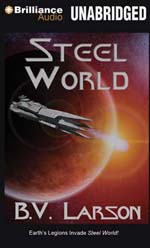 Steel World (#1 in Undying Mercenaries)
Steel World (#1 in Undying Mercenaries)
By B. V. Larson; Performed by Mark Boyett
Publisher: Brilliance Audio
Publication Date: 3 December 2013
[UNABRIDGED] – 10 hours
Themes: / dinosaurs / regeneration / military sf / alien bean counters / science fiction /
Publisher summary:
In the twentieth century Earth sent probes, transmissions and welcoming messages to the stars. Unfortunately, someone noticed.The Galactics arrived with their battle fleet in 2052. Rather than being exterminated under a barrage of hell-burners, Earth joined their vast Empire. Swearing allegiance to our distant alien overlords wasn’t the only requirement for survival. We also had to have something of value to trade, something that neighboring planets would pay their hard-earned credits to buy. As most of the local worlds were too civilized to have a proper army, the only valuable service Earth could provide came in the form of soldiers…someone had to do their dirty work for them, their fighting and dying.
I’d recommend this to anyone looking for a soft and accessible military SF walk-through. If tropes don’t pose a nuisance, this might just graze your fancy.
B. V. Larson’s Steel World is passable military SF, but it’s not a genre standout. If you’re looking to scratch that itch, this will do the trick, but it may not satisfy. All the ingredients are here. We have humans from Earth fighting on a distant planet inhabited by aliens, futuristic weapons, and the technology to make death nearly nonexistent. All the trope-trappings are here of course too, a young recruit, training, deployment, battles, technology, spaceships, etc. But what we don’t have? Genre originality. But it should be said that one doesn’t need break the mold of military SF to have good military SF. In Larson’s case though, it may have helped to step outside the lines in order to make a memorable impression.
For the most part I enjoyed the ride, but I was ready for it to end. The writing affected a forced feel. I was disappointed with the glossed over battle scenes, stereotypical gruff commander, manor in which the recruits fraternized, and the abrupt ending reinforcing the soldier’s inability to “come home” again all felt too prepackaged to ring that bell of authenticity. I struggled with the at times awkward anachronisms. Similes sporting pigs at county fairs, and basic phrases referencing the Internet, the act of brown-nosing, shopping cart wheels, horseshit, and people being pricks kept pulling me out of the future and plunking me back in the contemporary.
Mark Boyett narrates the audiobook, and does a nice job. Boyett has a clean yet slightly senior sounding voice that is incongruous with the main character’s youthful inexperience. While this is feasible to overlook, it never fully leaves the listener’s consciousness. Boyett sounds more like an old man on a porch than a jacked up soldier full of bloodlust and vitality who never stops checking out the backsides of female officers.
Posted by Casey Hampton.
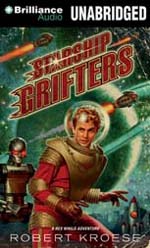 Starship Grifters (Rex Nihilo #1)
Starship Grifters (Rex Nihilo #1)


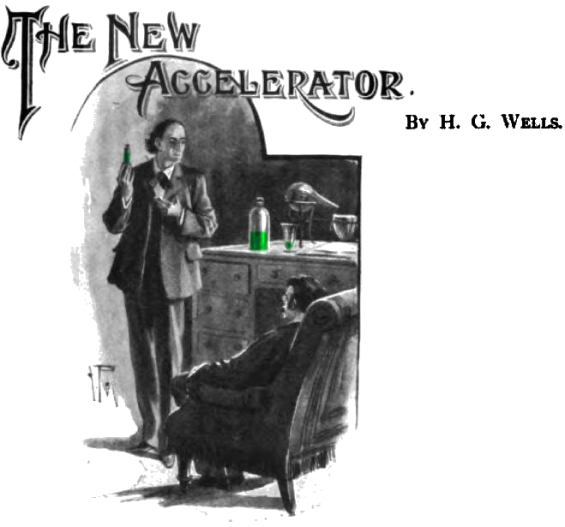
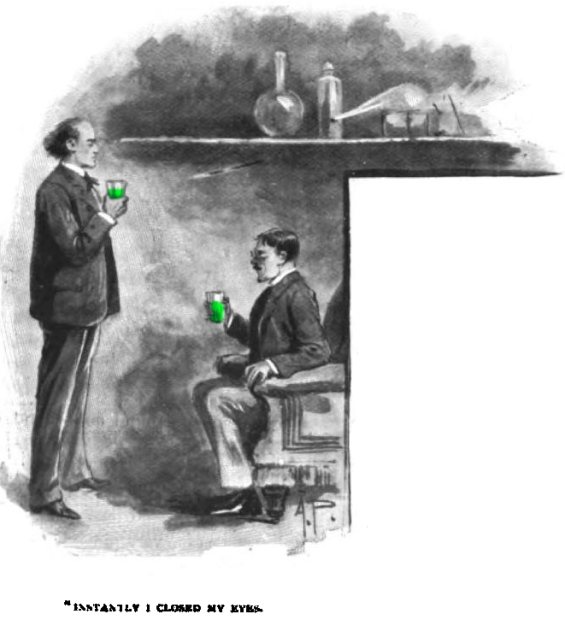
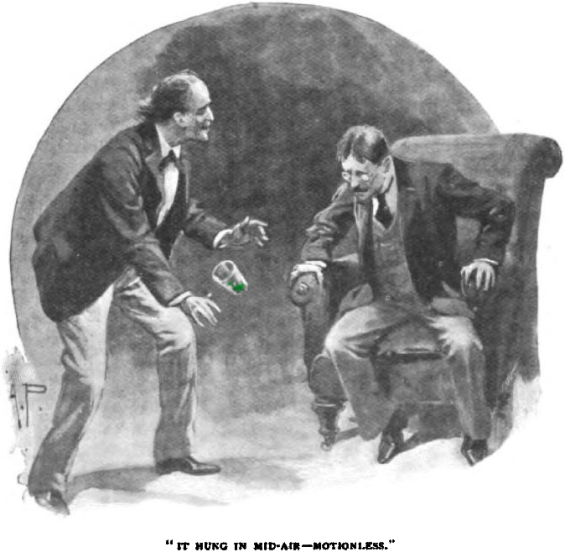
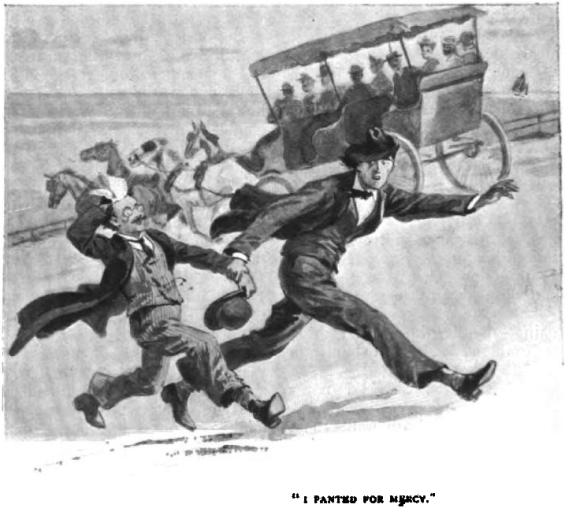
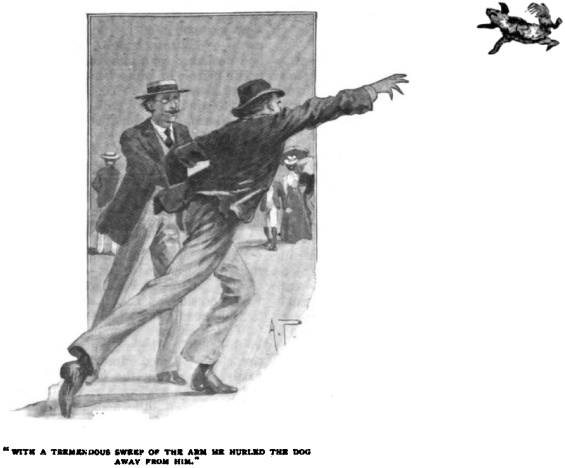
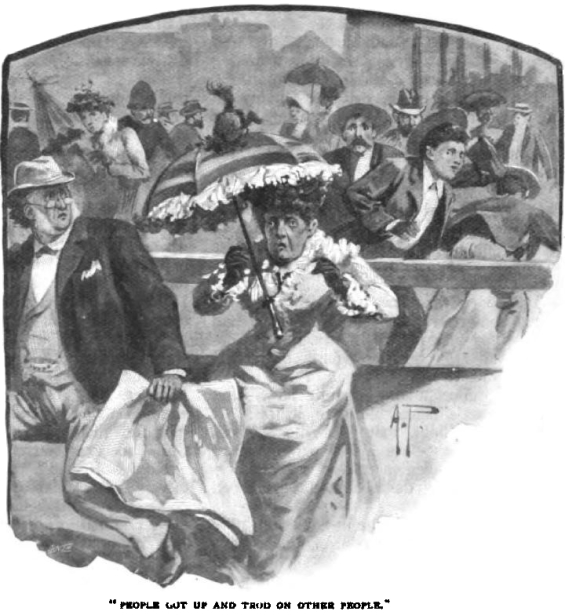
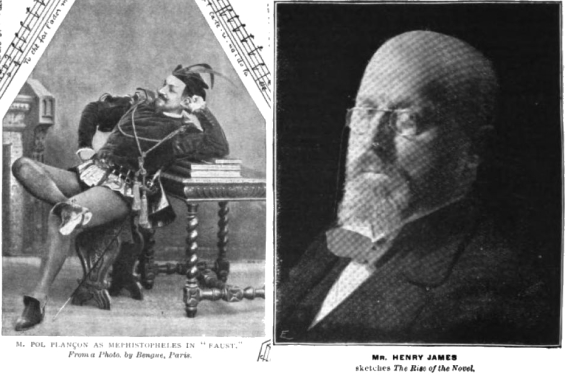

 Little Fuzzy
Little Fuzzy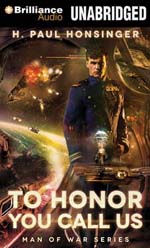 To Honor You Call Us (Man of War #1)
To Honor You Call Us (Man of War #1)